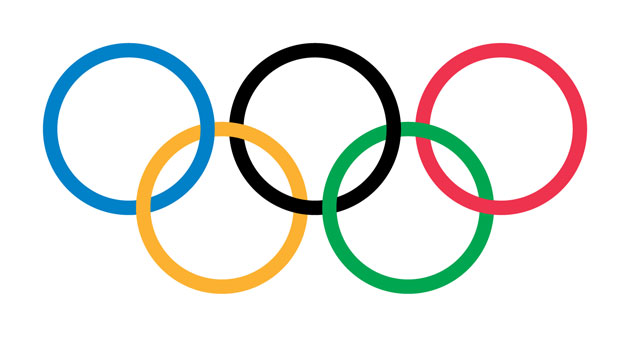Lausanne, Nov 5, 2014: The International Olympic Committee (IOC) today reported that one athlete committed an anti-doping rule violation during the 2nd Summer Youth Olympic Games (YOG), which took place in August in Nanjing, China.
The athlete, who competed in taekwondo, tested positive for the diuretic Furosemide, a prohibited substance. After reviewing the files and information at hand, the IOC Disciplinary Commission, set up by the IOC President and chaired by IOC member Richard Pound, disqualified the athlete from the 2014 YOG. Due to the fact that the athlete was a minor at the time of the anti-doping violation, the IOC has chosen not to disclose his/her name.
The Disciplinary Commission also called upon the World Taekwondo Federation and the respective National Olympic Committee to gather additional information in relation to the circumstances that led to such an anti-doping rule violation with respect to not only the athlete, but also the entourage – be it coaches, doctors or other medical staff.
The IOC is placing strong emphasis on investigating the entourage of the athletes. A Commission chaired by IOC member Sergey Bubka was specifically created back in 2010 to address the responsibility of the athletes’ entourage in the case of doping allegations as well as to educate athletes, coaches and the athletes’ support staff through the provision of guidelines.
Education on anti-doping, in particular for minors, is essential to protect clean athletes. The IOC Disciplinary Commission clearly indicated that the athlete should be provided with some additional support and information on the danger of doping.
As part of the “Learn and Share” Programme put in place during the YOG in Nanjing, an interactive educational booth run by the World Anti-Doping Agency (WADA) and called “Say No to Doping” was at the athletes’ disposal, including information provided by specialists from all around the world.
The IOC conducted 596 tests (490 urine and 106 blood) during the YOG in Nanjing. All samples were tested at the WADA-accredited laboratory in Beijing.
Tests were conducted pre- and post-competition. Doping controls included testing for all prohibited substances and methods listed in the WADA Prohibited List.
As part of its zero-tolerance policy against doping, the IOC is storing samples collected during the Olympic Games and the Youth Olympic Games for 10 years to conduct further analysis should new fully validated tests to detect new prohibited substances/methods become available. —- IOC


Leave a Reply
You must be logged in to post a comment.